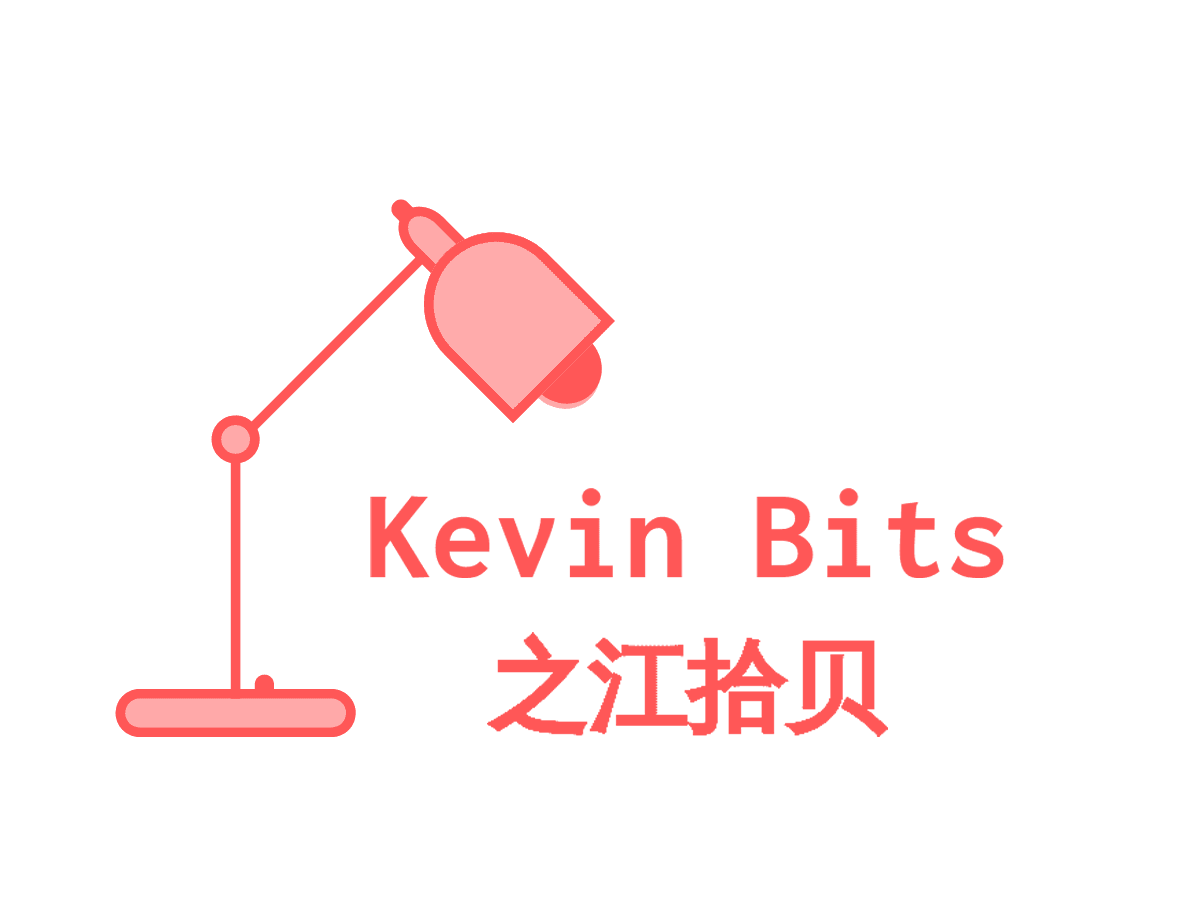This week was featured by some Fed talks on the path of monetary policies. Early this week there was two Fed members raised concern on inflation pressure and thought monetary tightening could be much earlier than late 2023 which has been committed by FOMC. Yesterday however the Fed chair Powell came out and made it clear that “when the time comes to raise interest rates, we’ll certainly do that, and that time, by the way, is no time soon”.
The Fed has two mandates that are prescribed by the congress – maintaining price stability and maximizing employment. However the numeric details of these two mandates are up to the Fed to define. In the past, price stability aimed annual inflation of 2%. For maximum employment there is no clear definition. Since low employment usually would result in high inflation so the two mandates from time to time can be contradicted to each other. But after 2007, the relationship between inflation and employment was seen disconnected and failed to follow empirical rules. For example in early 2019 even when a full employment was reached, the inflation remained consistently below 2%, showing little signs of price pressure.
That prompted the Fed to calibrate the details of monetary mandates in late 2019. Moving forward, my understanding is that the Fed will bias to reduce unemployment and will allow inflation to overshoot 2% even for a period of time (so called flexible inflation target framework). At the last two FOMC meetings last year, the Fed decided that both policy rates and asset purchase program would be conditioned primarily on the flexible inflation framework.
The overall employment in the U. S. has recovered substantially (current at ~7%). However the pandemic affected people much unevenly. Unemployment for the lowest-paid workers in the U. S. is above 20%. The Fed, following the same ideology of the new government, will push policies to maximum to support the economy and job creation for those less fortunate ones.
